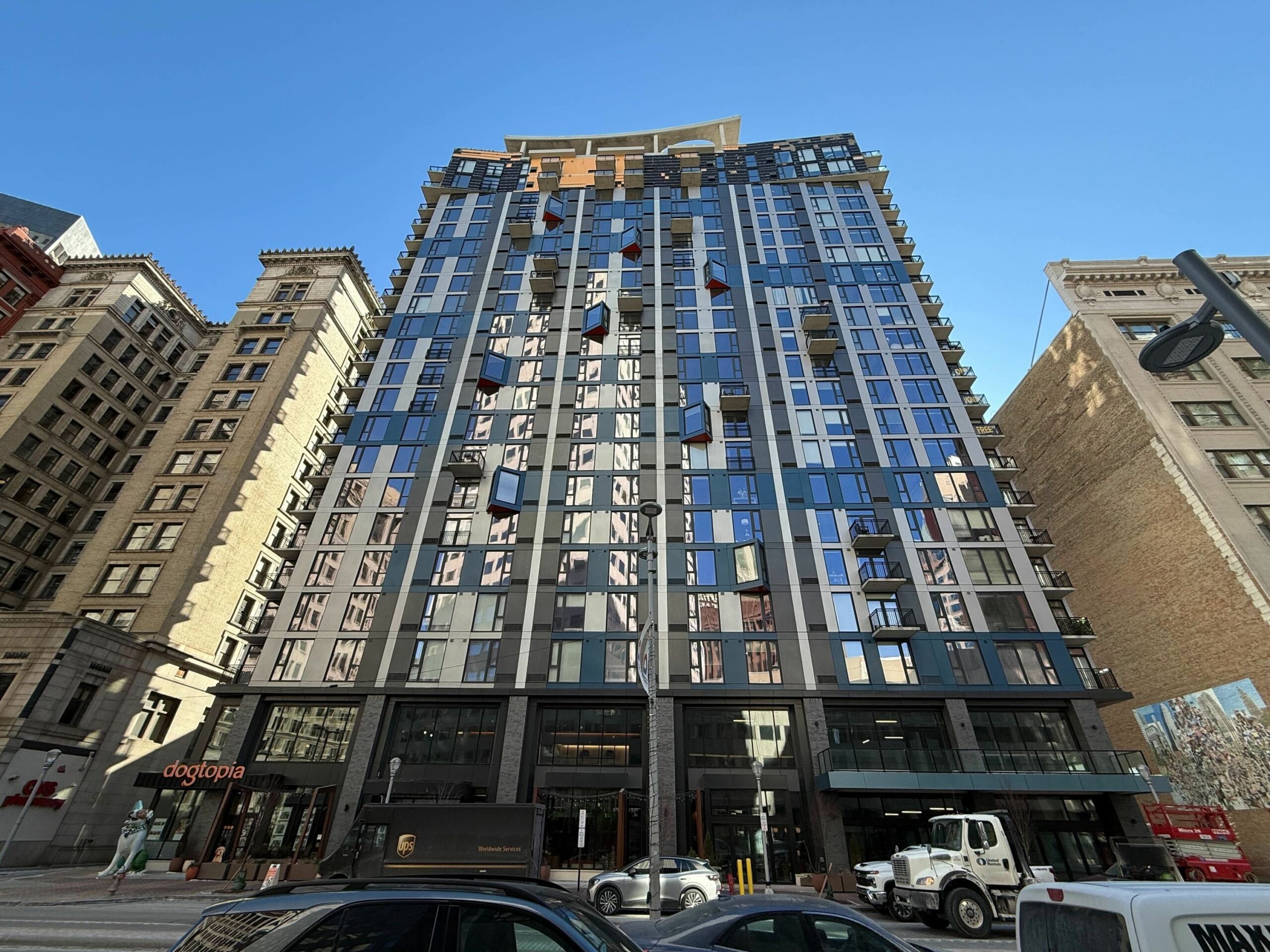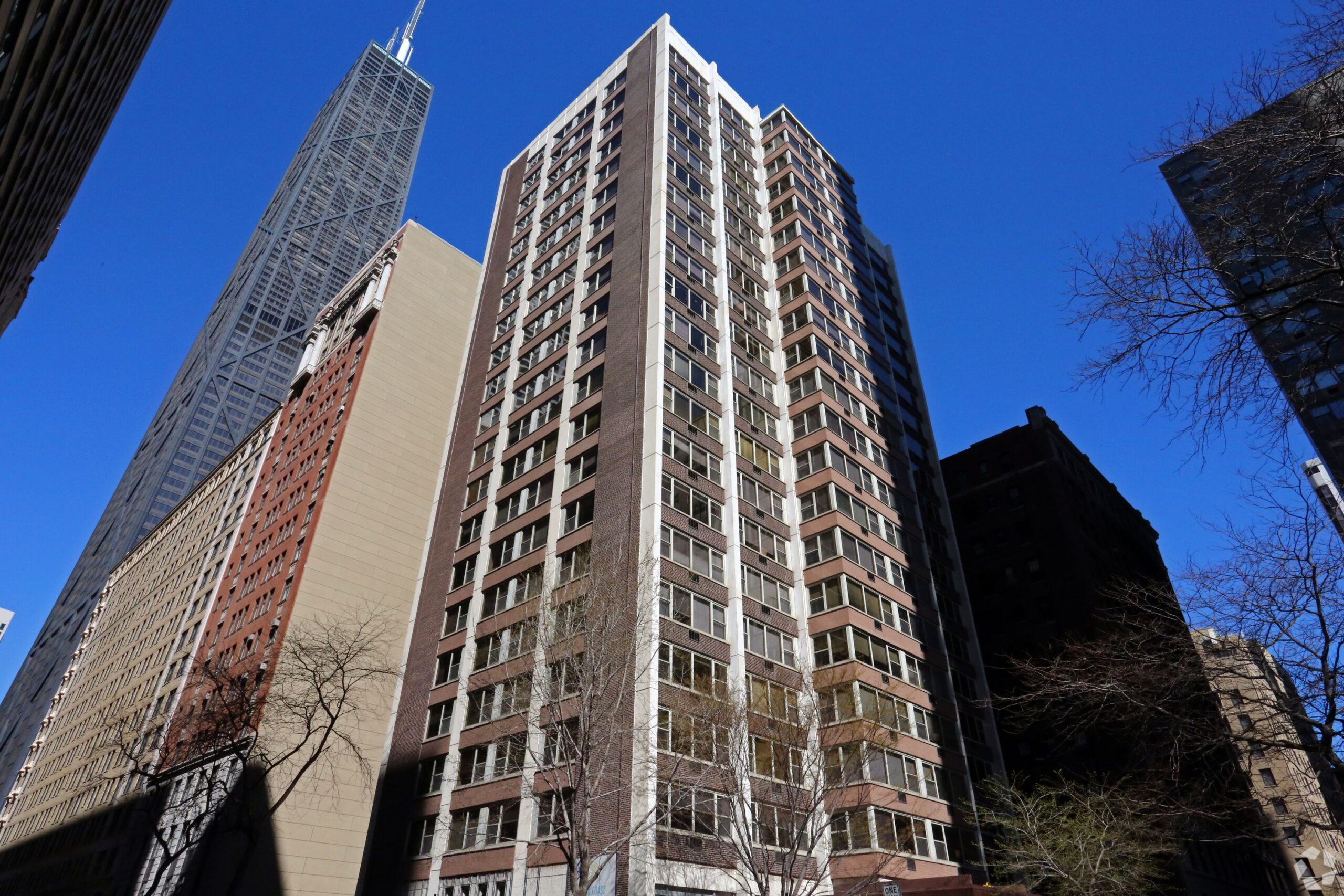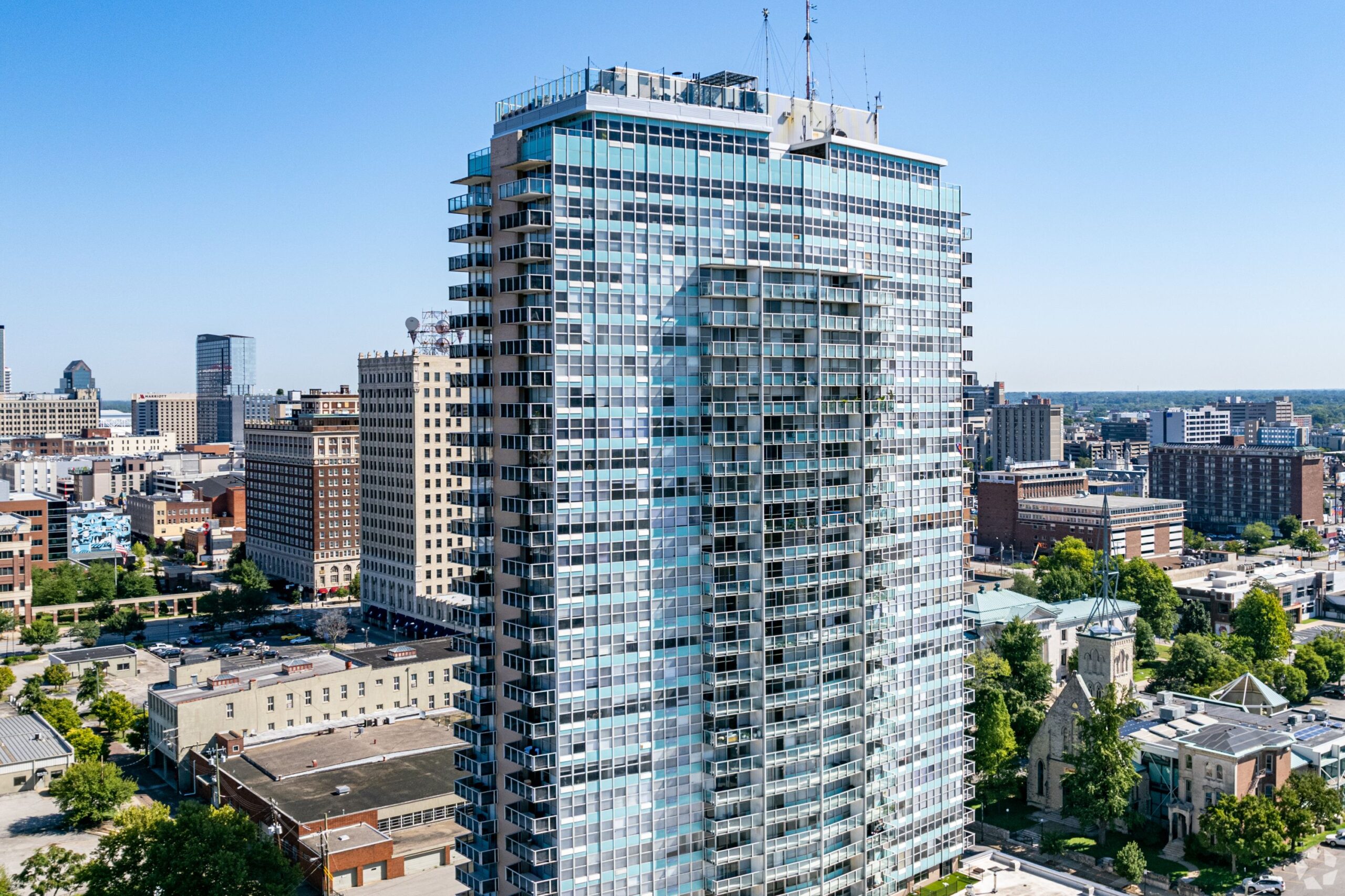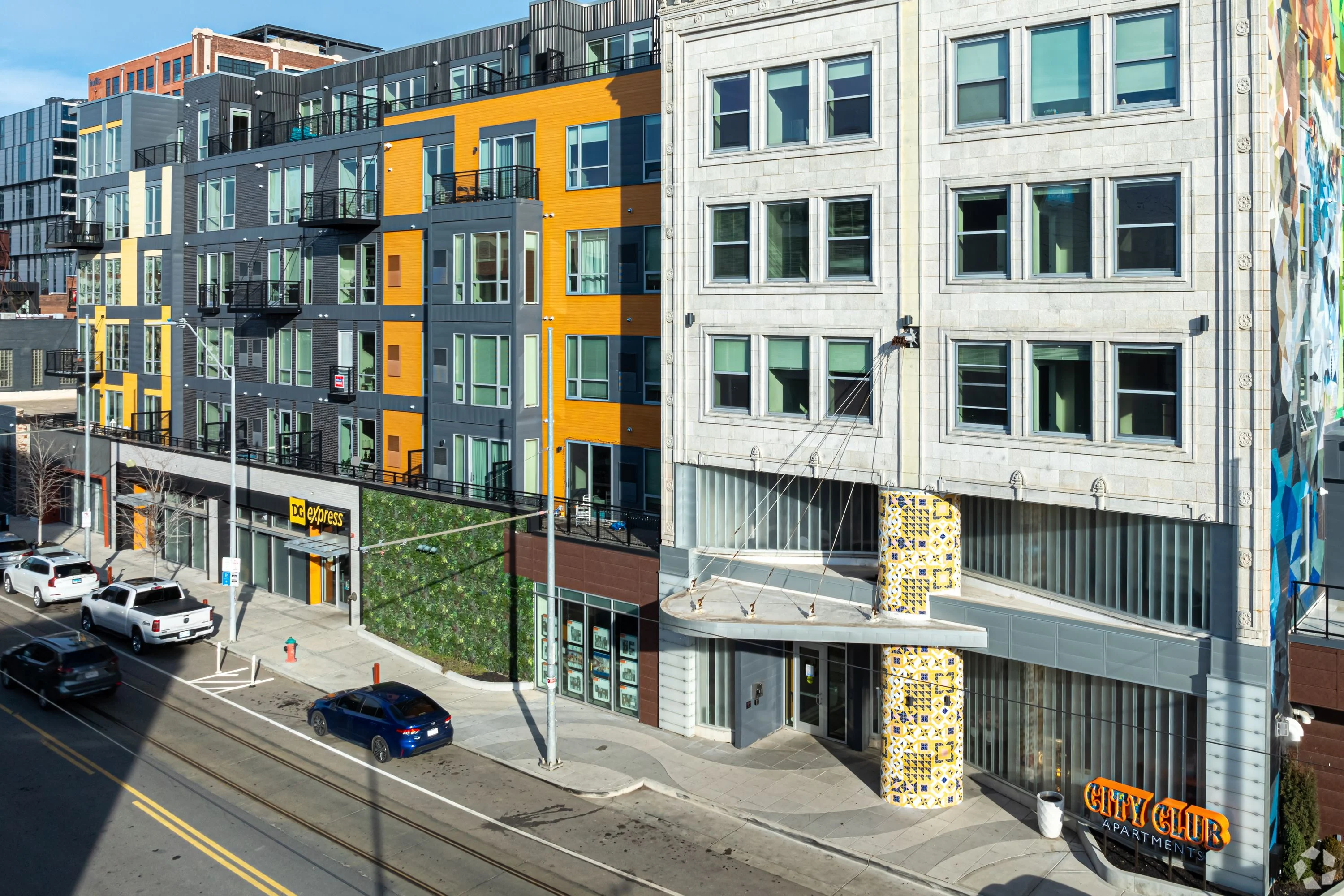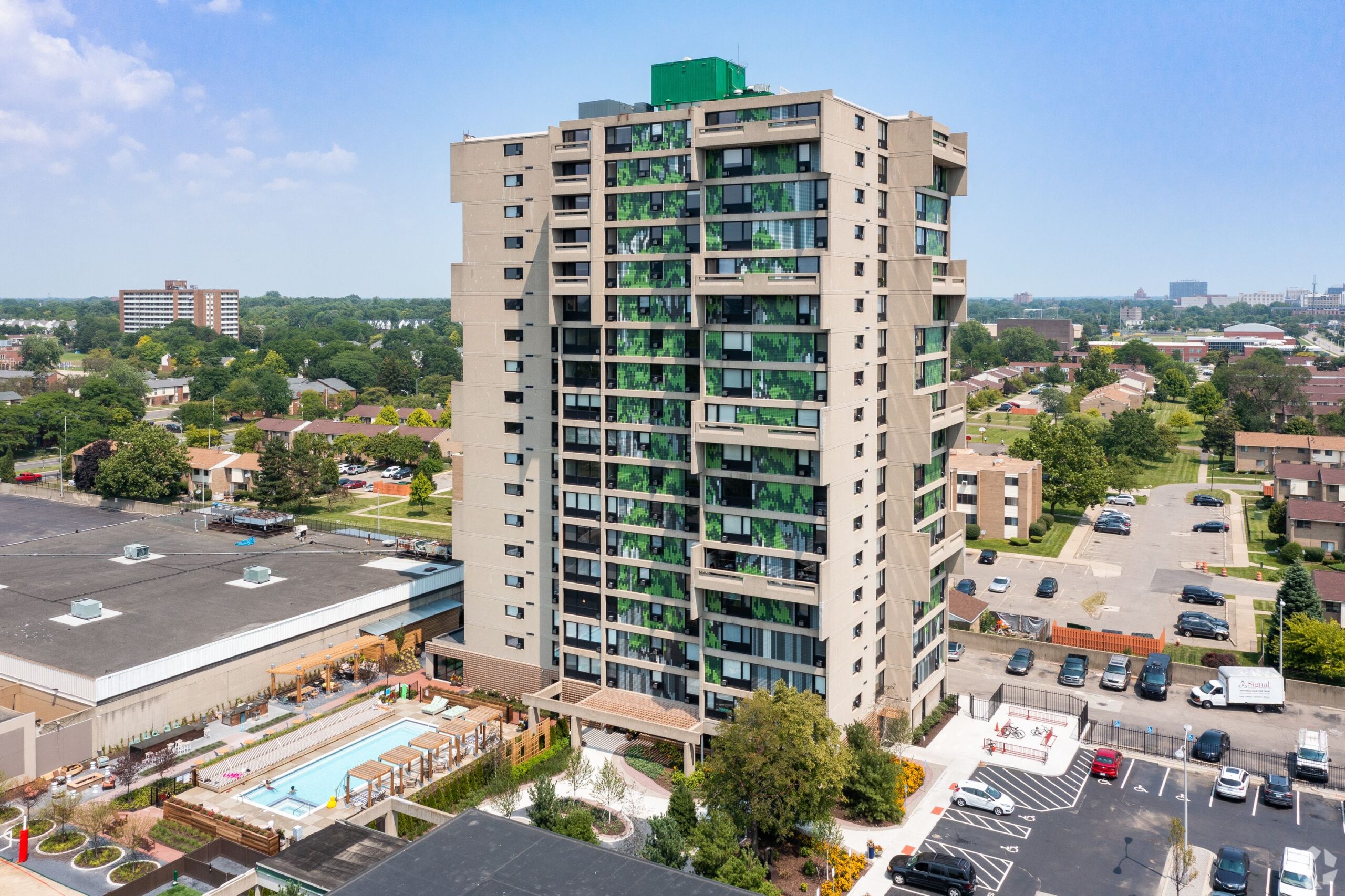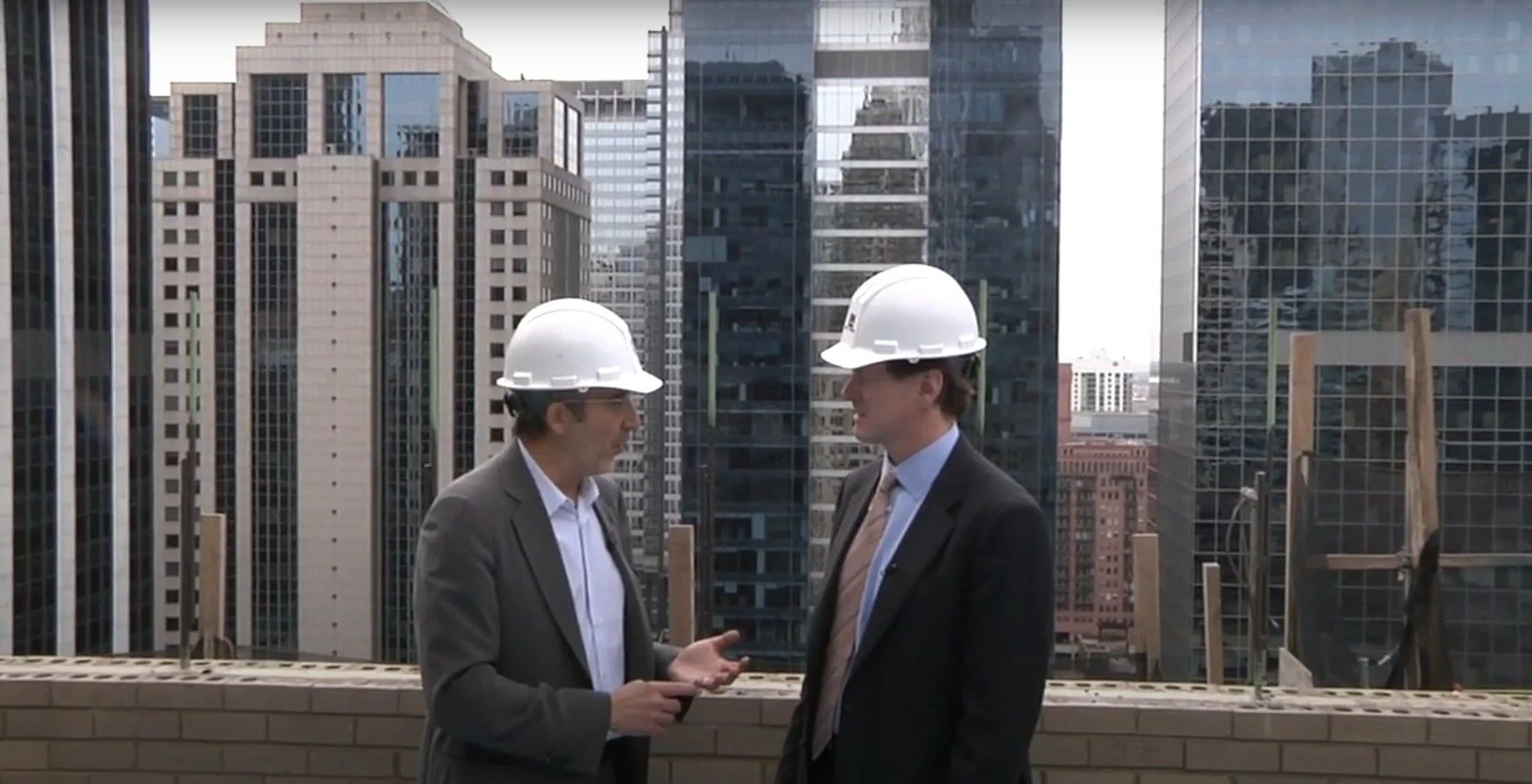That career has afforded Holtzman the ability to traverse the globe, visiting dozens of countries and funding wildlife and conservation efforts, another one of his passions.
Since its inception in 2015, his foundation has funded dozens of efforts to protect endangered species around the planet, ranging from jaguars in Brazil to painted dogs in South Africa, and lemurs in Madagascar to tapirs in Costa Rica. It gives grants of $25,000-$50,000.
But you don’t have to travel across an ocean to see the foundation’s work.
Perhaps the most high-profile effort it has done, at least locally: The red pandas housed in the Holtzman Wildlife Foundation Red Panda Forest at the Detroit Zoo, home to Ravi and Ginger, which gave birth to a pair of cubs, Patti and Ponya, this past summer.
“We all have different ideas of god,” Holtzman said in Farmington Hills in 2023. “I’m overwhelmed by the planet, wildlife and nature and the diversity of it, the interconnectedness of it. And what man is doing, in a negative light.”
Another passion his nearly half-century career has granted him?
He is also a professional racecar driver, racing his two Tyrrell P34s around the world, some 40 years after rediscovering the passion he had as a young man, abandoned in his early 20s to go into the family business.
Although he has accumulated a car collection over the years, he is attempting to unload at least some of that.
Holtzman says he has been making his life more simple recently, discarding material possessions by, for example, not renewing an apartment lease he had in Chicago and parting ways with some of his cars.
“I said, ‘I’m not driving these cars. I’ve enjoyed these cars. I’ve owned them since 1989, 1990.’ So I said, ‘Why not sell some of the cars? Why not sell some of the things that you’ve owned for a very long time? You have insurance. You have to maintain them. Why not make your life simpler,’” Holtzman said, channeling a Marie Kondo-esque approach.
Still for all the tumult in his business career the last two years, it could have been much worse for Holtzman, who survived a bout with tonsil cancer.
He declined to discuss his health scare further, but drew parallels to the high interest rate environment that he says, in part, has led to some of his troubles in business.
“It’s like chemotherapy and radiation,” Holtzman said of Federal Reserve interest rate increases meant to tamp down inflation, one of the things he blames for the downfall of his company. “You save the patient with the cancer surgery. Now you’re going to kill them with the radiation and chemotherapy. So which one do you want to kill them by, you know?”





